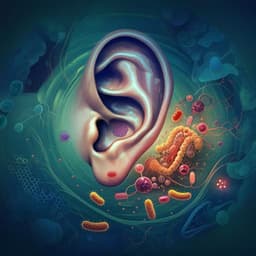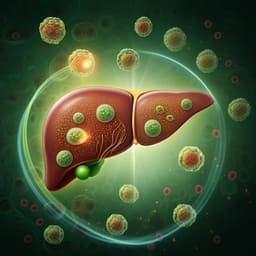
Medicine and Health
Mycobacterial Hsp65 antigen delivered by invasive *Lactococcus lactis* reduces intestinal inflammation and fibrosis in TNBS-induced chronic colitis model
V. P. D. Cunha, T. M. Preisser, et al.
In a groundbreaking study, researchers explored the potential of Hsp65-producing *Lactococcus lactis* to combat intestinal fibrosis, a major complication of Crohn's disease. This innovative approach significantly decreased inflammation and fibrosis, showing promise for future treatments. This research was conducted by Vanessa Pecini da Cunha, Tatiane Melo Preisser, Mariana Passos Santana, Denise Carmona Cara Machado, Vanessa Bastos Pereira, and Anderson Miyoshi.
Related Publications
Explore these studies to deepen your understanding of the subject.







